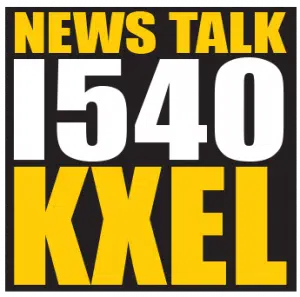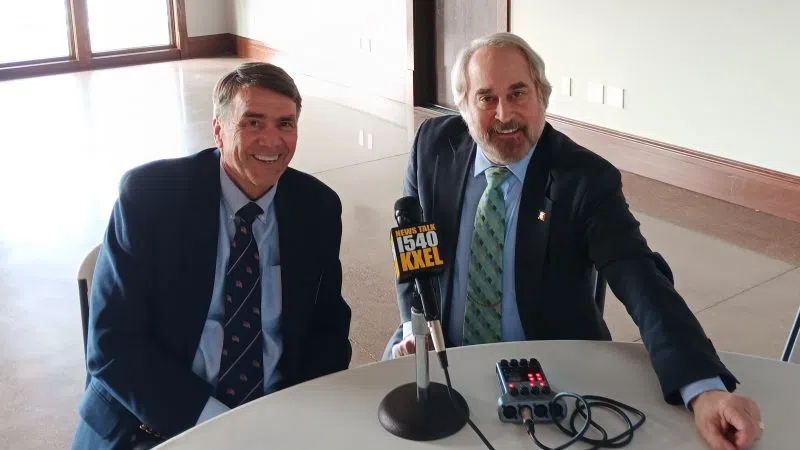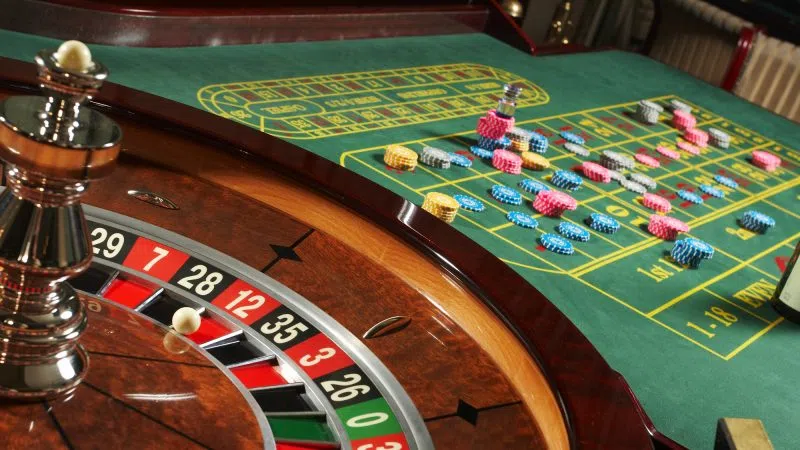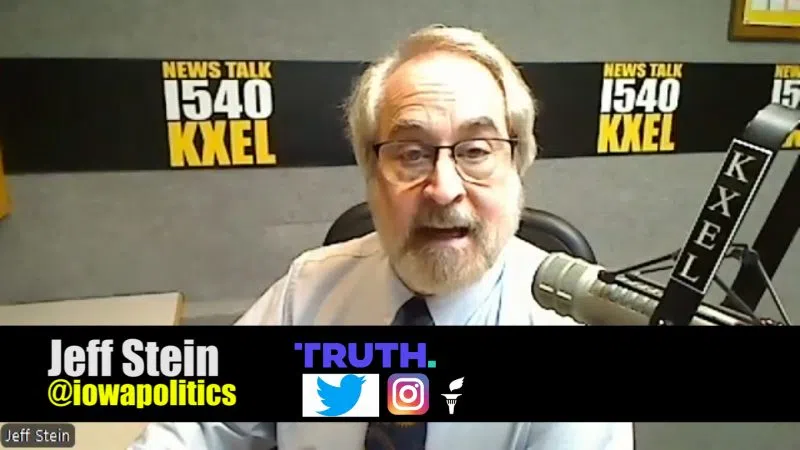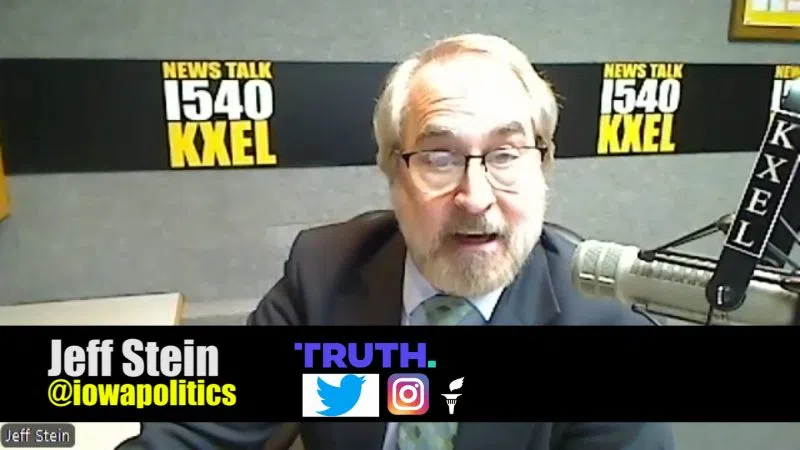(LONDON) — President-elect Donald Trump will return to office on Monday having promised a peace deal to end Russia’s war on Ukraine, which is still raging nearly three years after President Vladimir Putin troops crossed into Ukraine expecting to be welcomed as heroes.
It is hard to say how Trump will try to unpick the twisted knot constricting eastern Europe.
The president-elect has hinted at territorial concessions and reduced aid for Ukraine in pursuit of peace, but has also suggested the U.S. will expand military support if Putin refuses to come to the table.
Ukrainian lawmakers and a former official told ABC News they are bracing to again deal with perhaps the most unpredictable president in living memory — one who former German Chancellor Angela Merkel said in her memoir engaged on “an emotional level.”
Oleksandr Merezhko, a member of the Ukrainian parliament and chair of the body’s foreign affairs committee, nominated Trump for a Nobel Peace Prize in November — an honor the president-elect has long coveted.
“Trump takes some things personally and we should establish human contact with him,” Merezhko told ABC News. “Our destiny and survival depends also on Trump — we should be respectful and constructive towards him.”
President Joe Biden “used to say that international relations are interpersonal relations — and it’s true,” Merezhko added.
Ukrainian President Volodymyr Zelenskyy appears to have embarked on a Trump charm offensive of his own.
Zelenskyy was quick to laud Trump’s “historic landslide victory” in November, echoing the president-elect’s own “peace through strength” slogan.
A meeting with Trump in Paris in December was “good and productive,” Zelenskyy said, with the Ukrainian president praising Trump’s “strong resolve” and repeating the “peace through strength” mantra.
After a December meeting with European Union leaders in Brussels, Zelenskyy told reporters, “I think that President Trump is a strong man and I want very much to have him on our side.”
Asked how he would feel when Trump does take office in January, the Ukrainian president responded, “Welcome Donald! What can I say?”
Art of the deal
In 2024 unlike in 2016, foreign leaders appeared prepared for a Trump election victory, their immediate reactions tailored to appeal to the president-elect’s transactional world view.
NATO Secretary-General Mark Rutte framed aid to Ukraine as “a good deal” for Trump and the U.S.
Macron said he was ready to work towards “peace and prosperity” with his next American counterpart. German Chancellor Olaf Scholz said he was looking forward to working towards “prosperity and freedom” with the incoming administration.
Ukraine will need to make itself attractive to the self-styled master dealmaker, mindful of the transactional brand of foreign policy he pursued in his first term and promised for his second.
Amid the leaks and innuendos, Yehor Cherniev — a member of the Ukrainian Parliament and the chairman of his country’s delegation to the NATO Parliamentary Assembly — told ABC News he had seen little in the way of concrete policy about the future of Ukraine.
“We’ve used this time to deliver our position and our conditions for these new peace negotiations,” Cherniev said. “We’ve tried to explain and give information — not only to officials, but to U.S. citizens and Western people — that this war was started not for several territories of Ukraine or even for the whole of Ukraine as a country, but for the revision of the world order.”
Without NATO membership or a binding bilateral security deal with the U.S. akin to its agreements with Japan, South Korea or Israel, “it will be a failure of the whole Western world,” Cherniev said. “This is our position, and we try to deliver this position to officials in the Trump administration.”
Jonathan Eyal of the Royal United Services Institute think tank in the U.K., told ABC News there are indications that may encourage Kyiv, despite Trump’s repeated hints at Ukrainian concessions.
“It appears that Trump seems to have bought into the idea that he can’t end the Ukraine war with an American retreat, that this would look very bad for him to start his presidency with — a retreat that would look as humiliating as Biden’s from Kabul in the summer of 2021.”
“So, there is this search for something that could be presented as an end to the war that is also an honorable one and not one that ends up with a sellout — or with the sacrifice of — Ukraine,” he said.
Trump selected retired general Keith Kellogg as his special envoy to Ukraine and Russia. The pick, Eyal said, might pique hope in Kyiv.
“Kellogg is on record in a lot of media interviews and articles saying that the war could be brought to an end only from a position of strength, and only if Putin is impressed by America’s determination to otherwise continue the war,” he said.
“I think there is a level of optimism in Kyiv that somehow the administration seems to have accepted that merely to get Putin to the negotiating table for a ceasefire, the United States will have to appear to be determined to defend Ukrainian interests rather than betray them,” he added.
Peace through exhaustion
Some in Ukraine may have their own personal political calculations. Zelenskyy, for example, will be under pressure to quickly hold the presidential election scheduled for spring 2024 but delayed due to the conflict.
The wartime leader became a global icon for his gruff fortitude in the opening stages of the war, but his domestic popularity has since dipped. There is no guarantee that a post-war election will deliver Zelenskyy another term, especially if his legacy is tainted by territorial concessions to Moscow.
“He doesn’t want to lose, obviously,” a former Ukrainian official told ABC News on the condition of anonymity. “And for this, he needs to blame Trump for a fast peace, for a ceasefire, as if Ukraine could win the territories. But everybody knows we cannot, and he also knows he cannot.”
Many Ukrainians are hopeful despite the thorny question of concessions, the former official said. “When people heard that Trump promised to finish the war, they understood it’s not possible to do in 24 hours, but at least it was a break of the status quo,” they said.
“These calls to stay as long as is needed with Ukraine — that lost any meaning long ago,” the former official added of the common refrain offered by allied leaders since February 2022.
“People don’t care anymore about losing territories or how it will happen,” the former official said. “They want suspension, they want a break, they want a ceasefire, any deal.”
“That’s why so many of them were so joyful to see Trump coming in power, and many still have big hopes that he is strong enough to stop this war.”
There remain many unknowns. Lawmaker Merezhko said his efforts to build ties with Trump’s team had so far not been reciprocated.
“I have the impression that they might be hesitant to reach out to Ukrainian politicians before the inauguration,” he said. “Perhaps they don’t know yet what Trump’s policy is with regard to Ukraine.”
But like many of his compatriots, Merezhko said he remained hopeful. “I don’t have a feeling that Trump’s presidency will be catastrophic for Ukraine,” he explained.
“Of course, he will make an attempt to stop Russia’s war against Ukraine, but I doubt that it will be a success,” Merezhko continued. “Not because of Trump, but because of Putin, who is absolutely not interested in peace or a ceasefire.”
“Reality — harsh reality — is more powerful than any plans, ideas or desires of politicians.”
Copyright © 2025, ABC Audio. All rights reserved.
